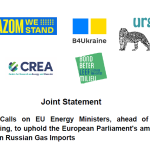
Foreword from Cornelia Maarfield, Head of Energy at CAN Europe
This week, two years ago, the European Commission published its landmark RePowerEU package on 18th May 2021, in response to Russia’s war on Ukraine, which is still raging. Our timeline below takes a look back at the major energy milestones of the last two years and how they have changed Europe’s energy landscape.
Let’s start with the positives. RePowerEU recognised for the first time that our dependence on fossil fuels is a security risk and poverty trap that needs to be overcome by deploying renewable energy and reducing energy consumption. The framework conditions for renewable energy deployment were improved and a target set to see 42.5%, and aiming for 45%, of the EU’s final energy demand in 2030 covered by renewables. Lasting success in this area will now depend on whether Member States will ensure a robust and ambitious implementation in harmony with nature, engaging and sharing benefits with citizens and local communities and ensuring sufficient investments in grids and storage to build a flexible and people-centred, fully renewable energy system by 2040.
On energy savings, the EU and Member States are sadly missing the plot completely, still pretending that we can replace practically all the fossil energy we currently use with other sources, while the EU introduced only short term emergency savings measures. A meagre reduction of 11.7% in final and primary energy consumption by 2030 compared to the 2020 EU reference scenario was agreed after long debates. Our Paris Agreement-compatible energy scenario (PAC) shows that much more ambitious energy demand reduction is possible and would generate co-benefits worth 1 trillion Euro. In particular in the buildings sector, energy saving measures would create local jobs, significantly lower energy bills for those currently living in leaky buildings and also improve their health. Much more ambition and action is required by the new EU institutions to reap the untapped benefits of energy savings across sectors.
Instead of looking to speed up the phase-out of fossil gas, EU policymakers resorted to diversifying supply through increasing LNG imports and looking towards other continents for a new gas supply. Giving this lifeline to fossil gas fails to address the trilemma of energy insecurity, rising energy poverty levels and the looming climate crisis. To effectively address these challenges, CAN Europe’s 10-point plan sets out key demands for the next Commission to tackle the vital issue of fossil gas phase out.
One cross-cutting priority will be the question of financing the energy transition. Even for implementing the policy measures that have already been agreed, the investment gap is massive. Apart from mobilising more private finance, the EU needs new own financial resources to help stem this challenge. Such investments would see a huge return for the economy, society and nature. Failure could cost our future, so we cannot afford it.
So, while the RePowerEU package had some positive elements, overall the opportunity to lower energy bills and combat energy poverty and the climate crisis, helping to make a safer future for Europeans, was largely missed. We urge the new EU institutions to pick up here, continue the European Green Deal but with a much stronger social component.
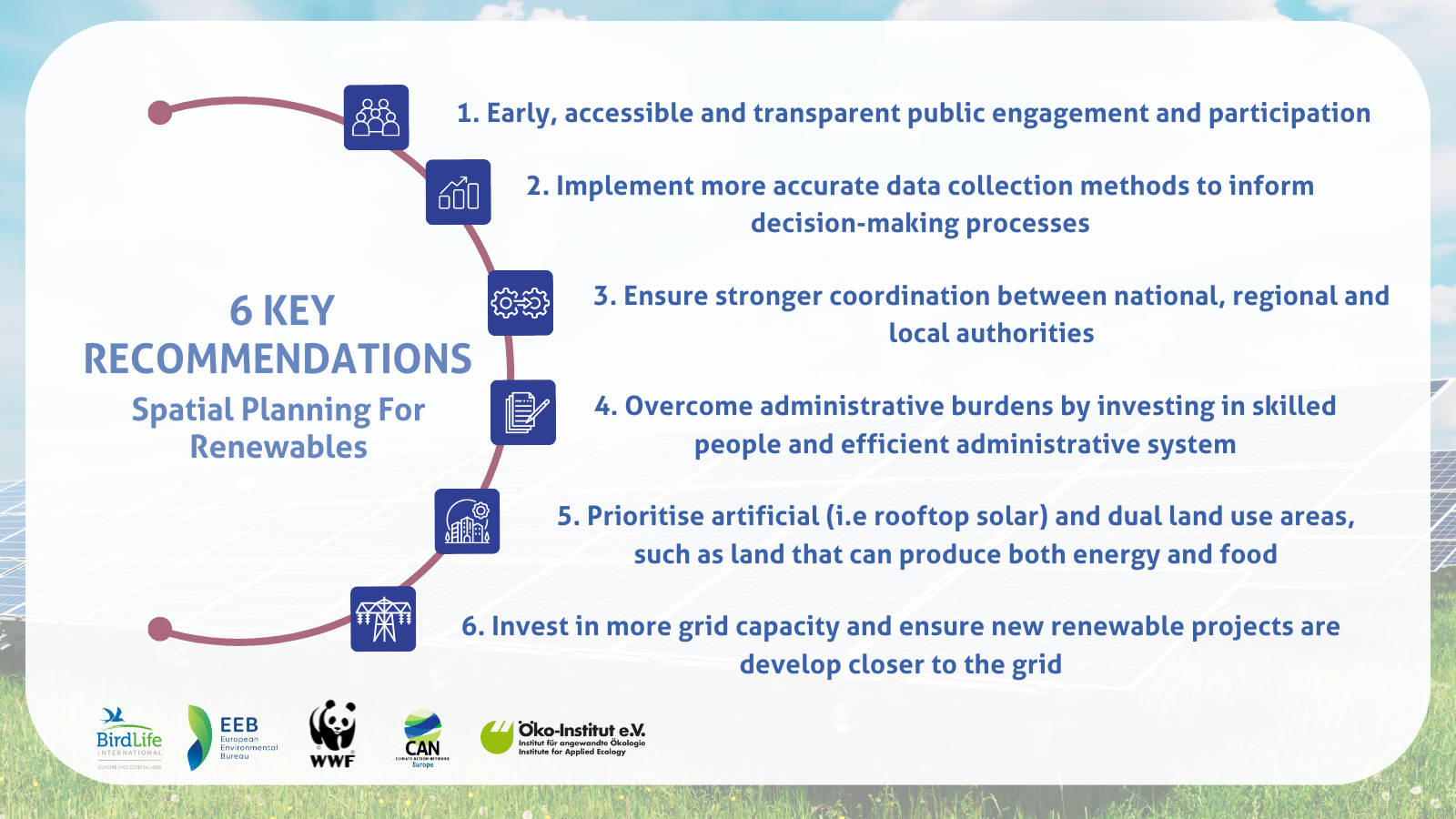
European Commission’s Guidance on designating renewables acceleration areas

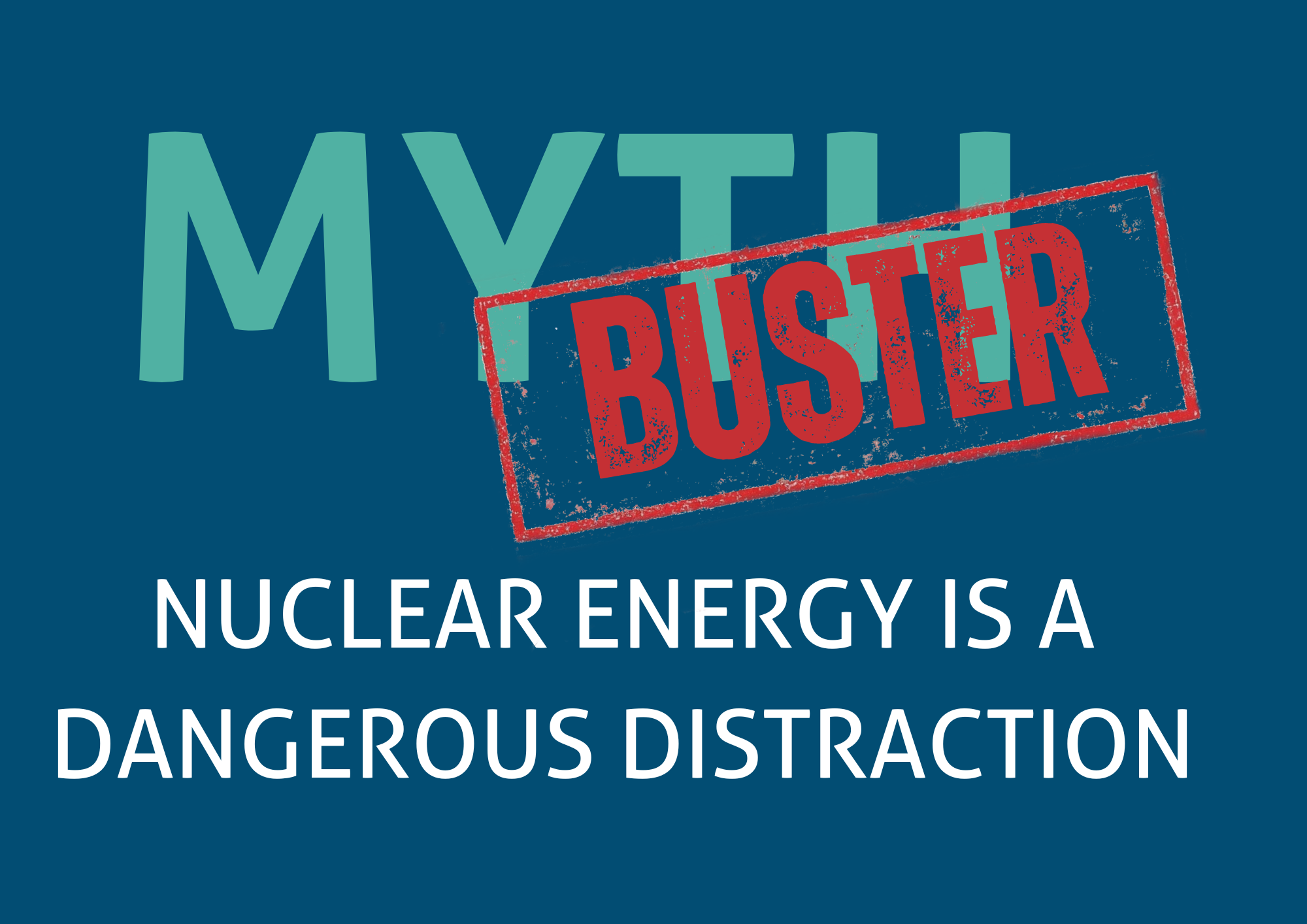
First Nuclear Energy Summit
“We see the renaissance of nuclear energy with growing concern. The cheapest, fastest and only feasible replacement for fossil fuels are renewables. While the accelerated deployment of wind and solar has already delivered significant emissions reductions and lowered energy bills, nuclear power is a dangerous distraction. We urge policymakers to keep all efforts on delivering a fully renewables-based energy system,“ - Thomas Lewis, CAN Europe’s nuclear energy expert.

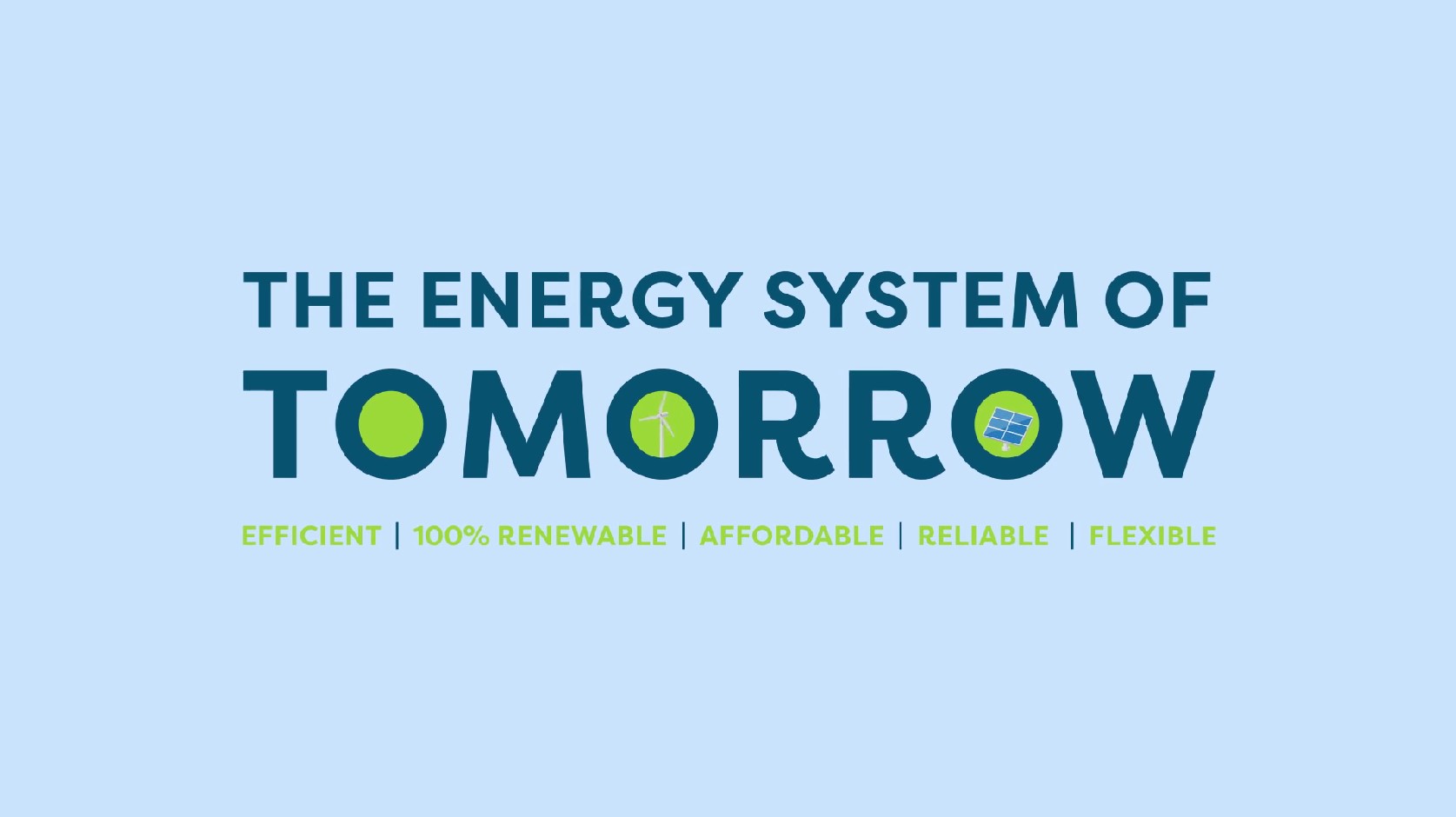
Final Electricity Market Design Trilogue
However, the reform of the Electricity Market Design (EMD) came to a controversial ending. The EU agreed to support old, polluting coal-fired power plants and gamble on nuclear, risking further delay for Europe’s energy transition.
"Supporting old, polluting coal-fired power plants and gambling on nuclear not only risks further delay for Europe’s energy transition, but sets the bar very low for other countries when it comes to phasing out fossil fuels. We need all policies to be aligned with tackling the climate crisis and put an end to harmful fossil fuel subsidies” – Marta Anczewska, Energy System Policy Expert at CAN Europe

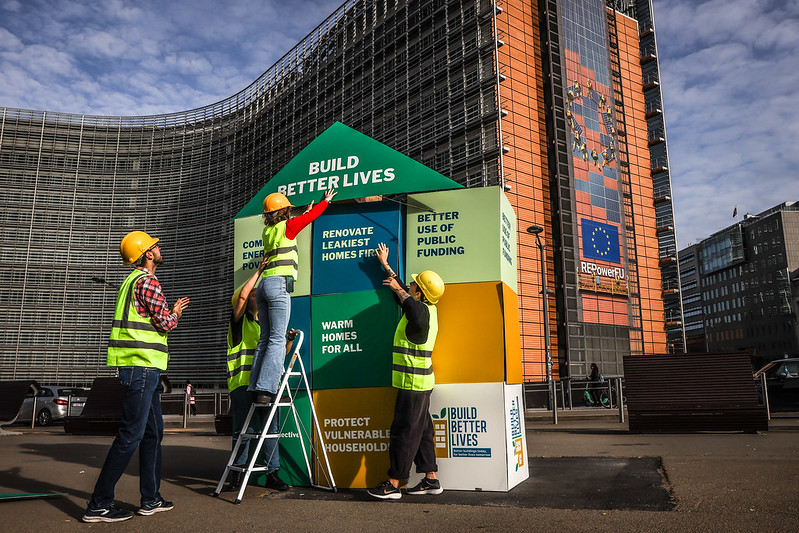
Agreement reached on EPBD Trilogue
“The final agreement on the Directive missed a significant opportunity to lift millions out of energy poverty and cut our dependence on fossil fuels. A menacing campaign by the fossil fuel industry and right-wing populists ensured the Directive was continuously watered down, meaning in the end, Member States will be required to take little to no additional effort to ensure renovation rates pick up. The date for a phase out of fossil fuel use in heating and cooling remains indicative and comes years too late for the EU to reach its climate and energy goals. This EU framework is disappointing but it is in the hands of Member States now to ensure vulnerable households are not left trapped in leaky buildings.” – Eva Brardinelli, EU Buildings Expert At CAN Europe.

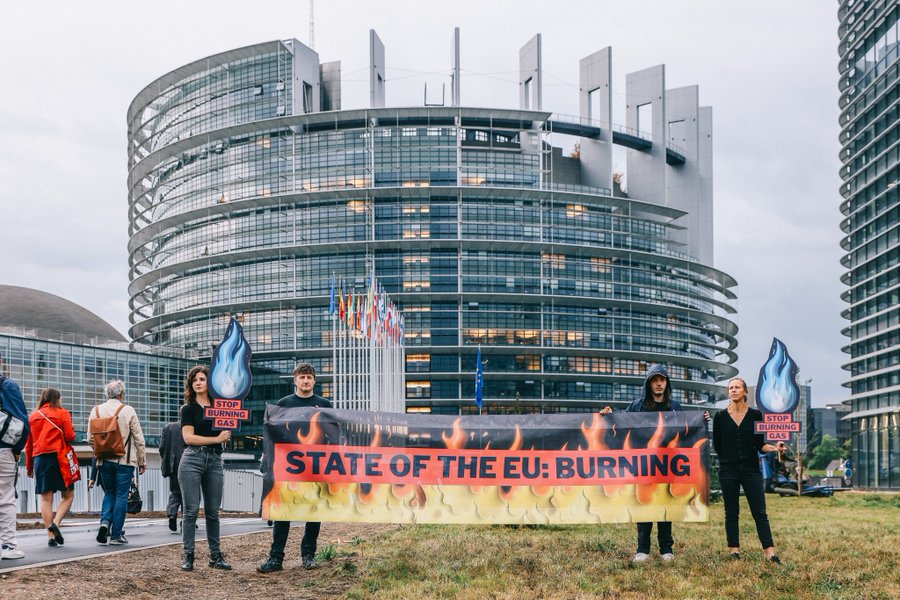
Agreement reached on Gas Package Trilogue
“Globally speaking, this package is a missed opportunity to phase out gas and set clear gas demand reduction pathways. With the weakening of the unbundling rules, the keys to the development of hydrogen networks on distribution system level have been handed to the gas industry, at the risk of pushing hydrogen into heating homes and making consumers pay for future unused or overexpanded infrastructures. Failing to agree on an independent hydrogen operator, reflects the same conflict of interest and big influence of the gas industry over policy makers. Our call is clear, negotiators must not allow the gas industry to take on the planning of future hydrogen networks.” – Esther Bollendorff, Senior Gas Policy Expert at CAN Europe.

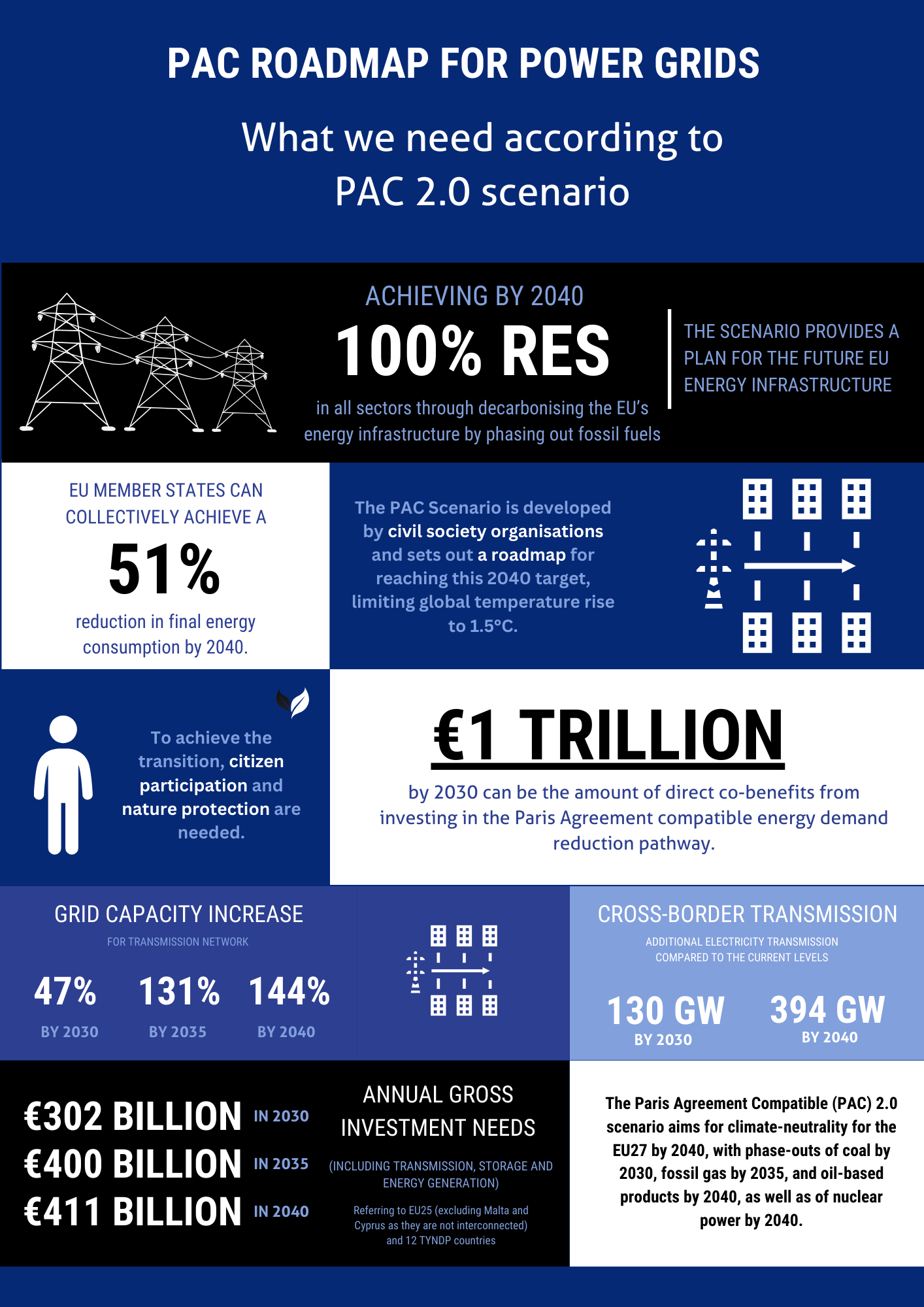
EU Grids Action Plan Launched
In anticipation for the launch of the EU Grids Action Plan, CAN Europe put forward 5 key recommendations.

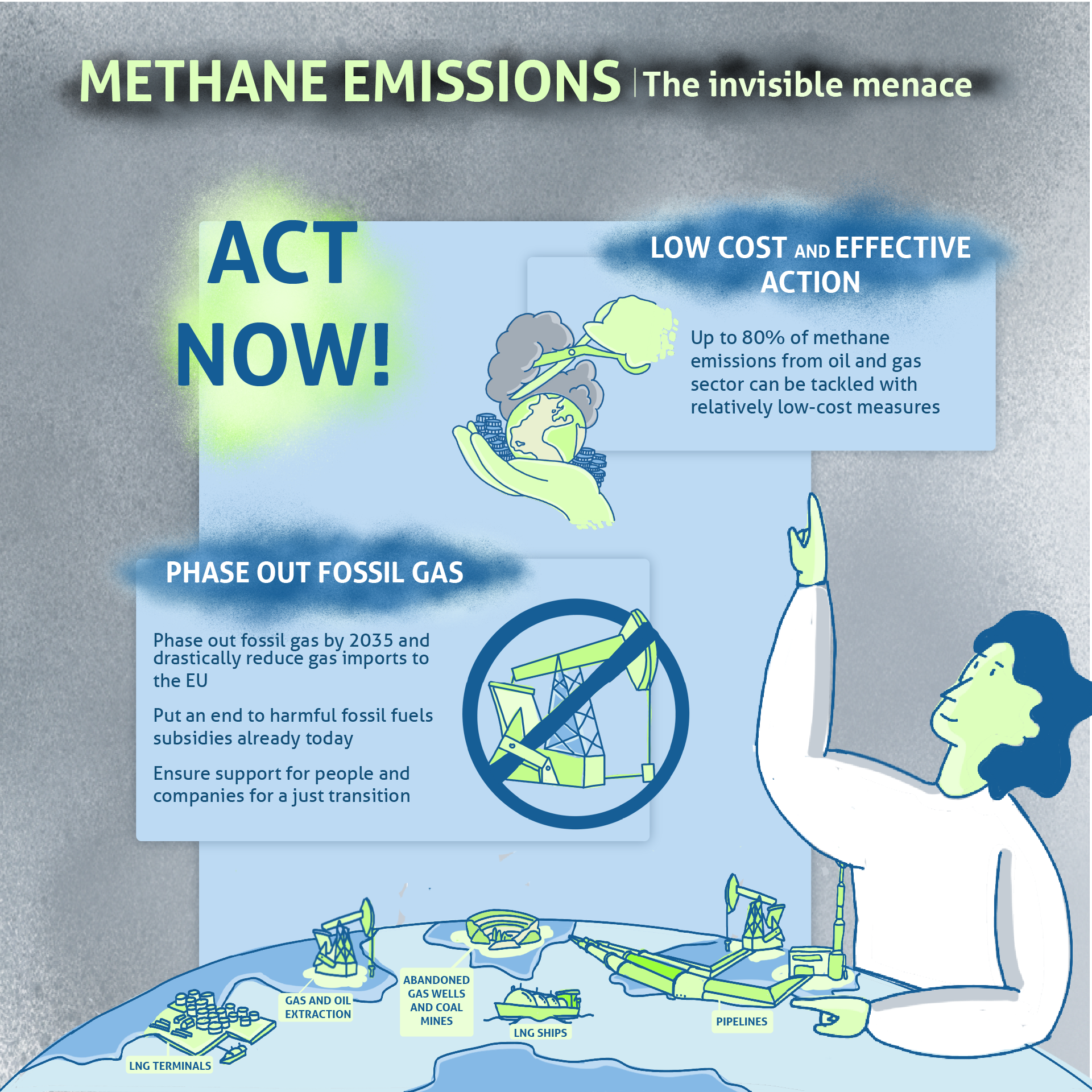
Final Methane Trilogue

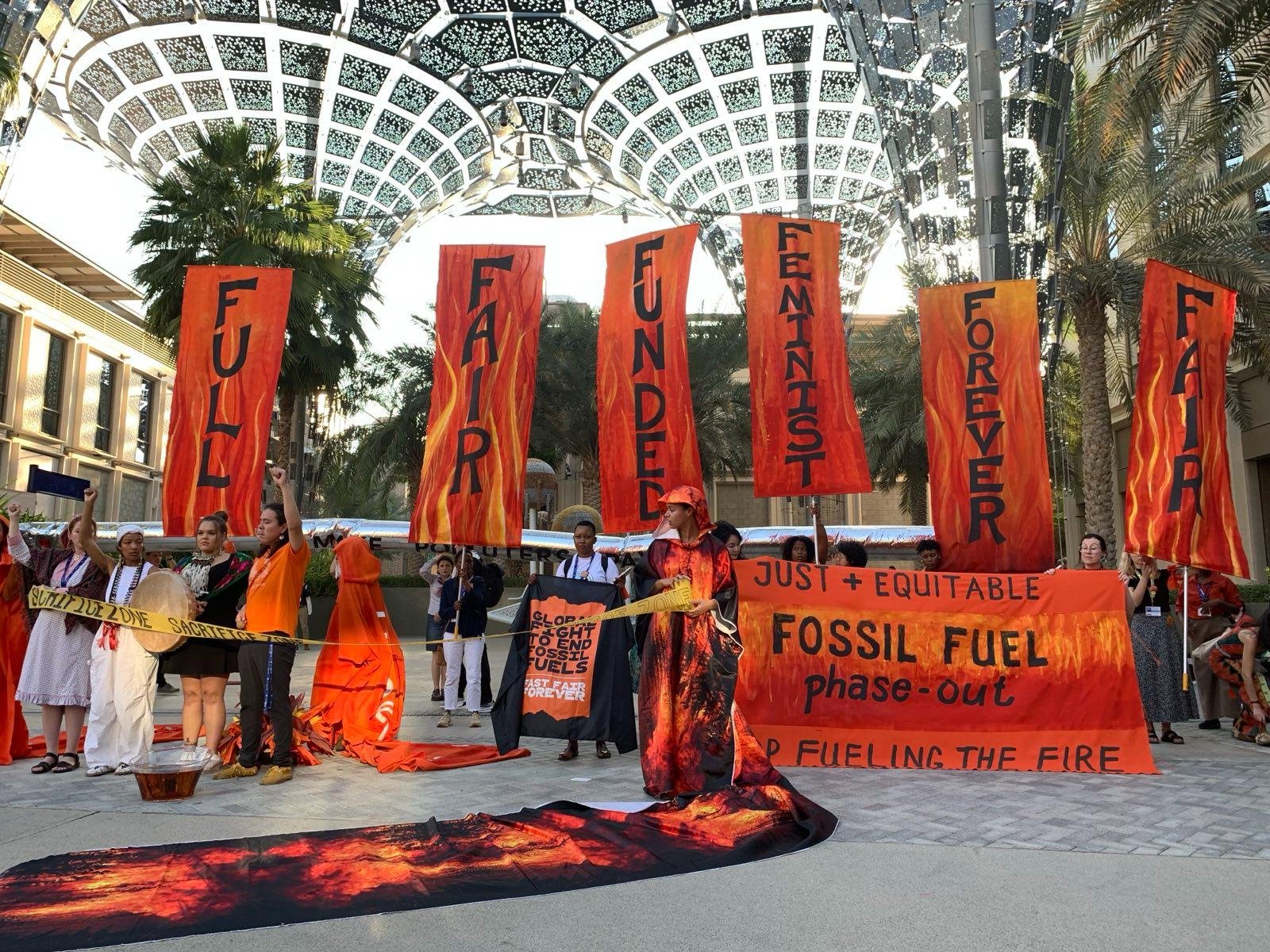
EU agrees on a global phaseout of fossil fuels well before 2050
"At COP28, all parties should agree to a rapid, just and equitable global phase-out of fossil fuels in all sectors in line with the 1.5C temperature limit by 2050 at the latest. For the EU, this means coal must be phased out no later than 2030, fossil gas no later than 2035 and oil at the latest by 2040." - Chiara Martinelli, Director at Climate Action Network (CAN) Europe

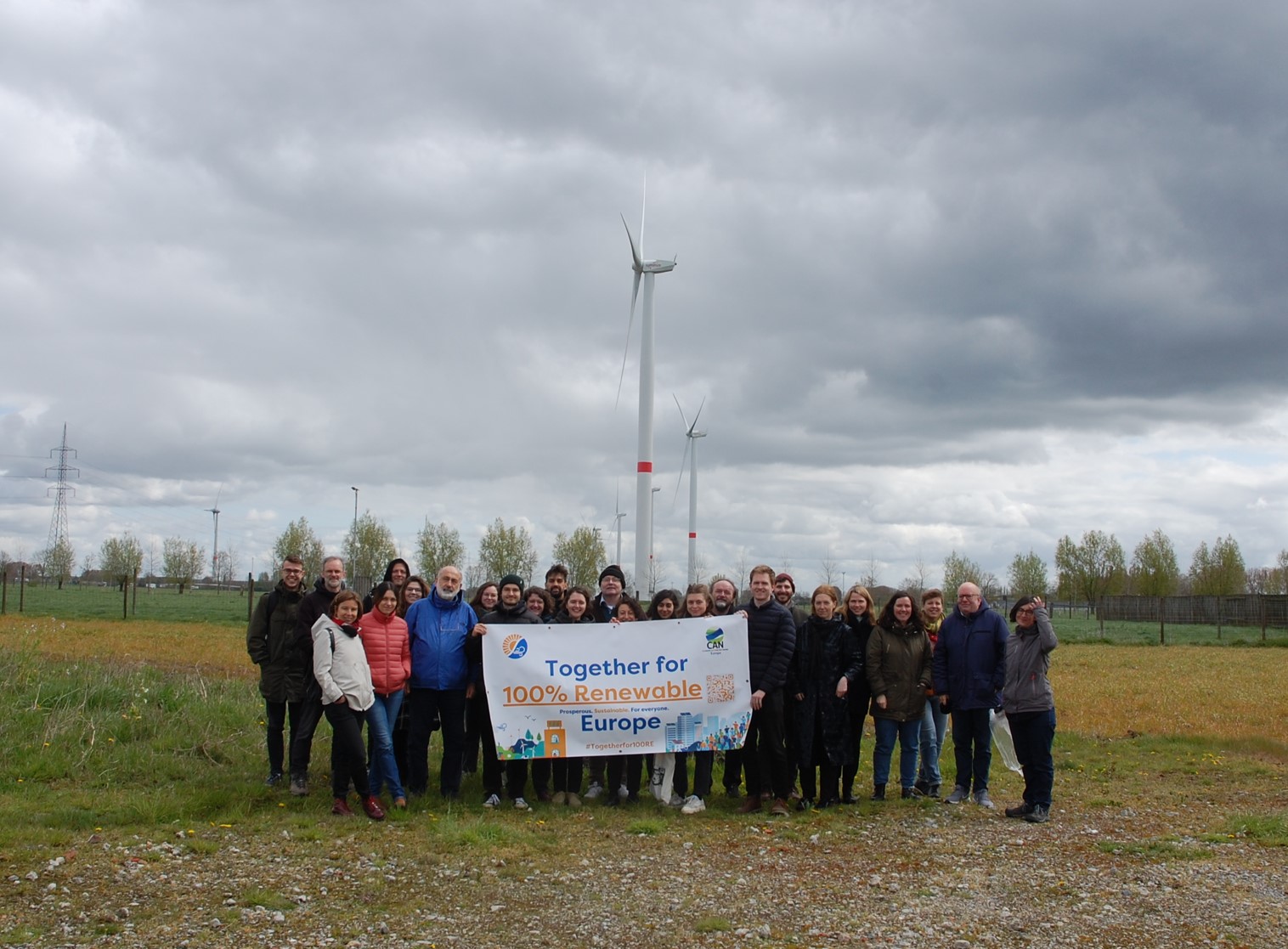
Agreement reached on the revision of the EU Renewable Energy Directive (RED)
“The ambition level shown by EU policymakers on the Renewable Energy Directive is not in line with what scientific evidence is showing us. If we are serious about reaching climate neutrality, Member States will now need to work together and surpass a 50% EU renewable energy target by 2030. This way, the EU will be contributing its fair share to limit global warming to 1.5.C. With the ‘Fit for 55’ package almost concluded, it’s of the utmost importance for higher ambition on the remaining legislative files on buildings and gas. Our future depends on them.” – Chiara Martinelli, Director at CAN Europe

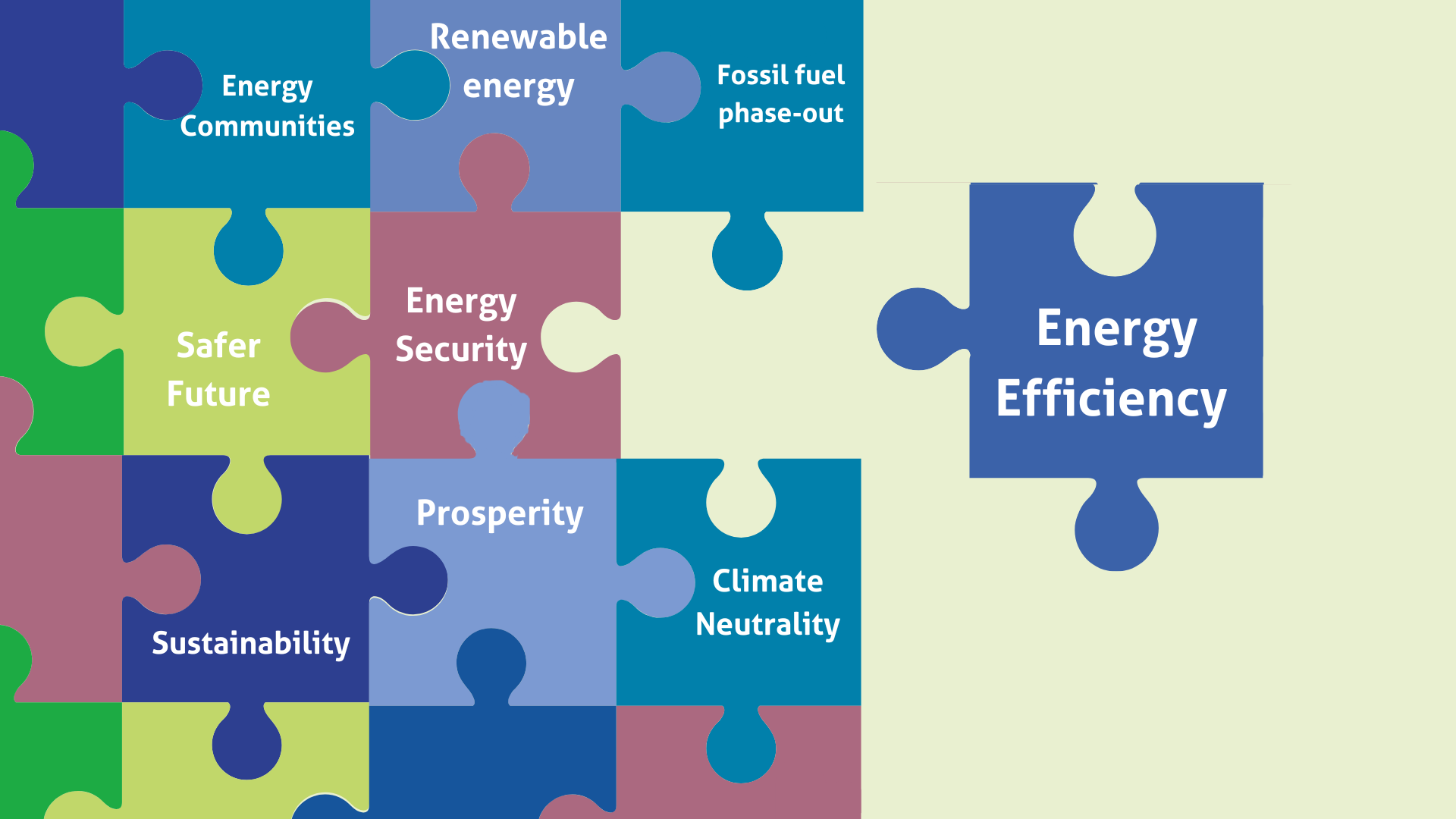
Agreement reached on the revision of the EU Energy Efficiency Directive
“Despite mounting evidence on the harm that fossil fuels are having on the climate, people and our future, policymakers fall short once more on increasing Europe’s energy savings and taking a meaningful stance on reducing the EU’s dependency on fossil fuels. The ball is now in Member States’ court, their National Energy and Climate Plans provide an opportunity to reap the benefits of a higher energy efficiency target. Doing so will ensure more Europeans will be protected from fossil winters, the burden of skyrocketing energy costs and more dangerous climate events which are increasing year on year” – Verena Bax, Energy Savings Policy Expert at CAN Europe.

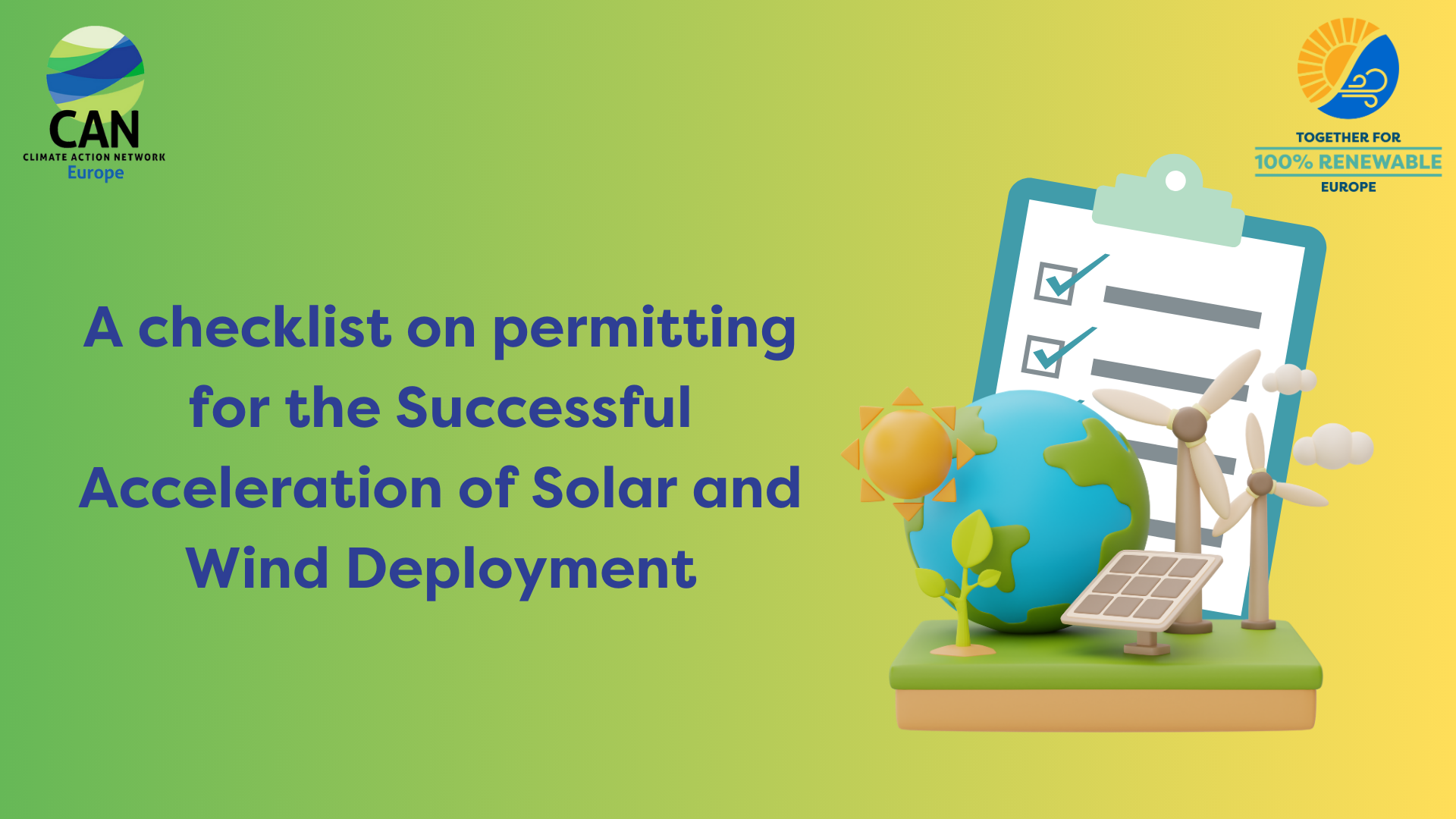
Council adopted an Emergency Regulation to accelerate the deployment of renewable energy sources
“The revised Renewable Energy Directive (RED III) with its comprehensive framework encompassing new permitting rules hold promise for accelerating renewable energy deployment and meeting the EU’s climate and energy targets. However, success of delivery on the ground lies in its implementation at the hands of Member States. It’s their responsibility to implement these rules meticulously ensuring public engagement and community ownership, and synergies with nature protection.” – Seda Orhan, Renewable Energy Programme Manager at CAN Europe.

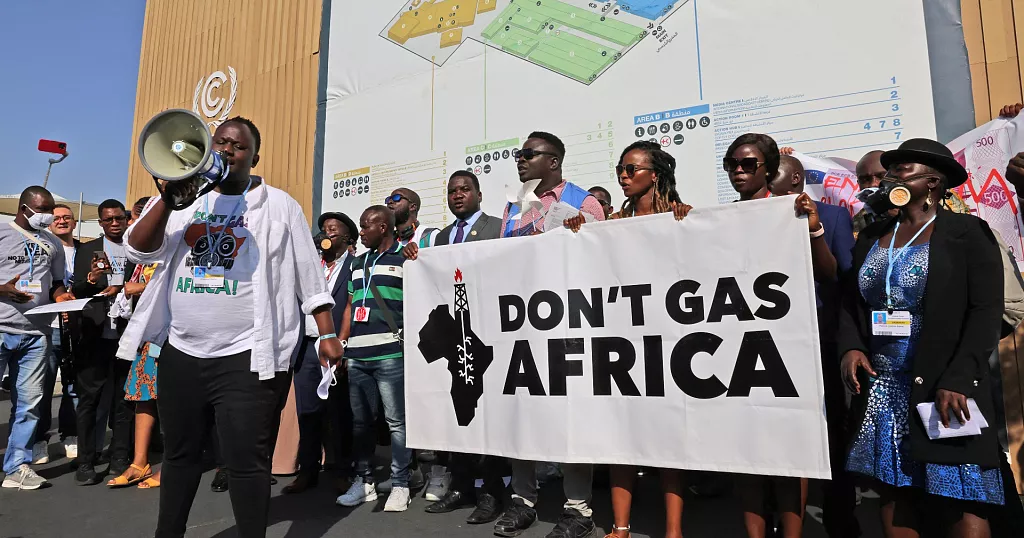
Europe's 'Dash For Gas' In Africa
Europe’s response to this crisis must not be to promote new oil and gas extraction and export infrastructure. This “dash for gas” in Africa is dangerous and short-sighted.
NGOs called on EU leaders to immediately cease any deals to expand gas production and infrastructure in Africa and instead invest in large-scale rollout of renewable energy in partnership with African countries and democratic institutions to support energy access and enable governments to develop zero-carbon industrial strategies that do not entrench fossil fuel development.

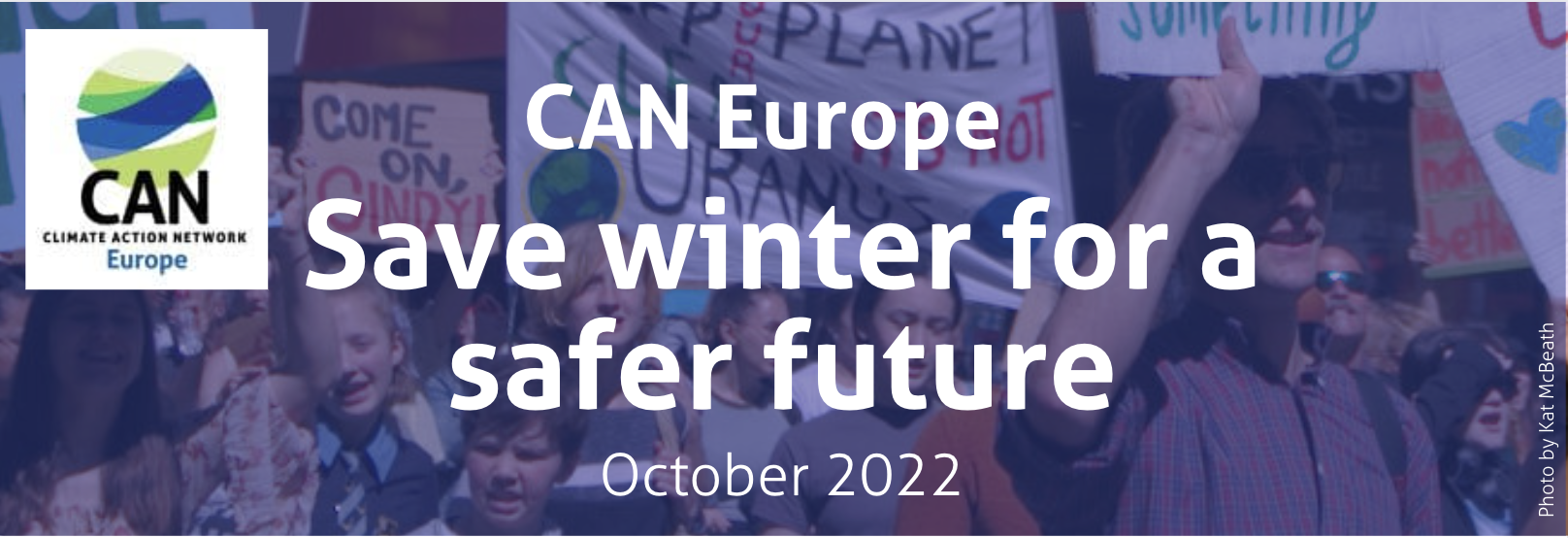
Save Gas for A Safe Winter
In response, CAN Europe called for an end of “Fossil Winters”, as people are paying for years of climate inaction and ineffective climate policies, government’s systematic favouring the profit of fossil fuel companies over the wellbeing of the people, and the delay of the energy transition away from fossil fuels and towards sustainable renewables, energy savings and energy efficiency.
This fossil winter is yet another manifestation – cause and effect – of the climate crisis.
Only a just energy transition will put the power back into the hands of the people. We must ramp up action towards gaining energy independence from Russian gas and fossil fuels in general. Through maximising our energy savings, improving energy efficiency policies, and accelerating the massive rollout of sustainable renewable energy across Europe, we can empower communities and make fossil winters a thing of the past.


EU Solar Energy Strategy #PowerToTheRoofs
“The ball is in Member States’ court now to massively increase the uptake of rooftop solar PV. Improving policy and regulatory frameworks and establishing the right support mechanisms and incentives will be the first major steps in the solar rooftop revolution. This will enable citizens and communities to fully engage in the energy transition” - Seda Orhan, Renewable Energy Programme Manager at CAN Europe

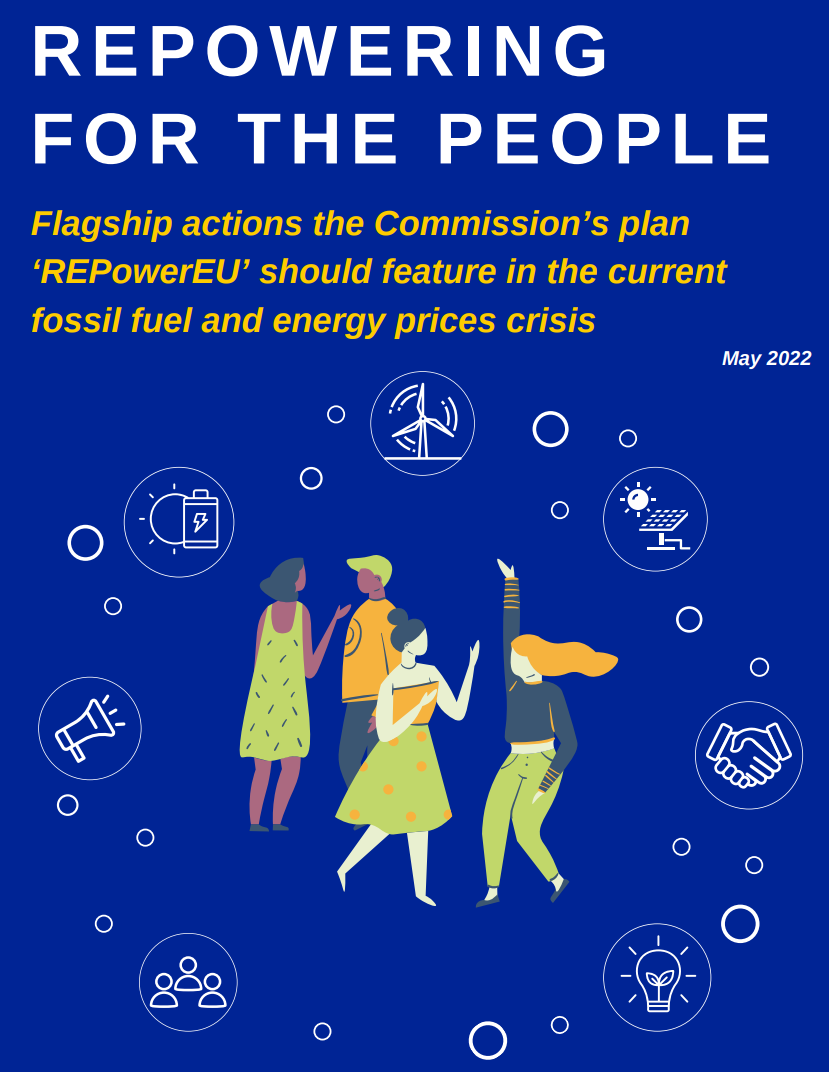
REPower for the People
The intention was to reduce EU demand for Russian gas by two thirds before the end of the year, while boosting energy savings and supporting bigger efforts in renewables’ roll out. Following the communication, heads of the EU Member States invited the Commission to flesh out the Plan in May to phase out the dependency on Russian fossil fuels as soon as possible. CAN Europe produced a first paper with recommendations followed by a more comprehensive REPower For the People briefing to influence the drafting of the Plan. Our briefings outlined tangible short and mid-term recommendations to the Commission and Member States in order to put people and nature at the heart of ‘REPowerEU’.


